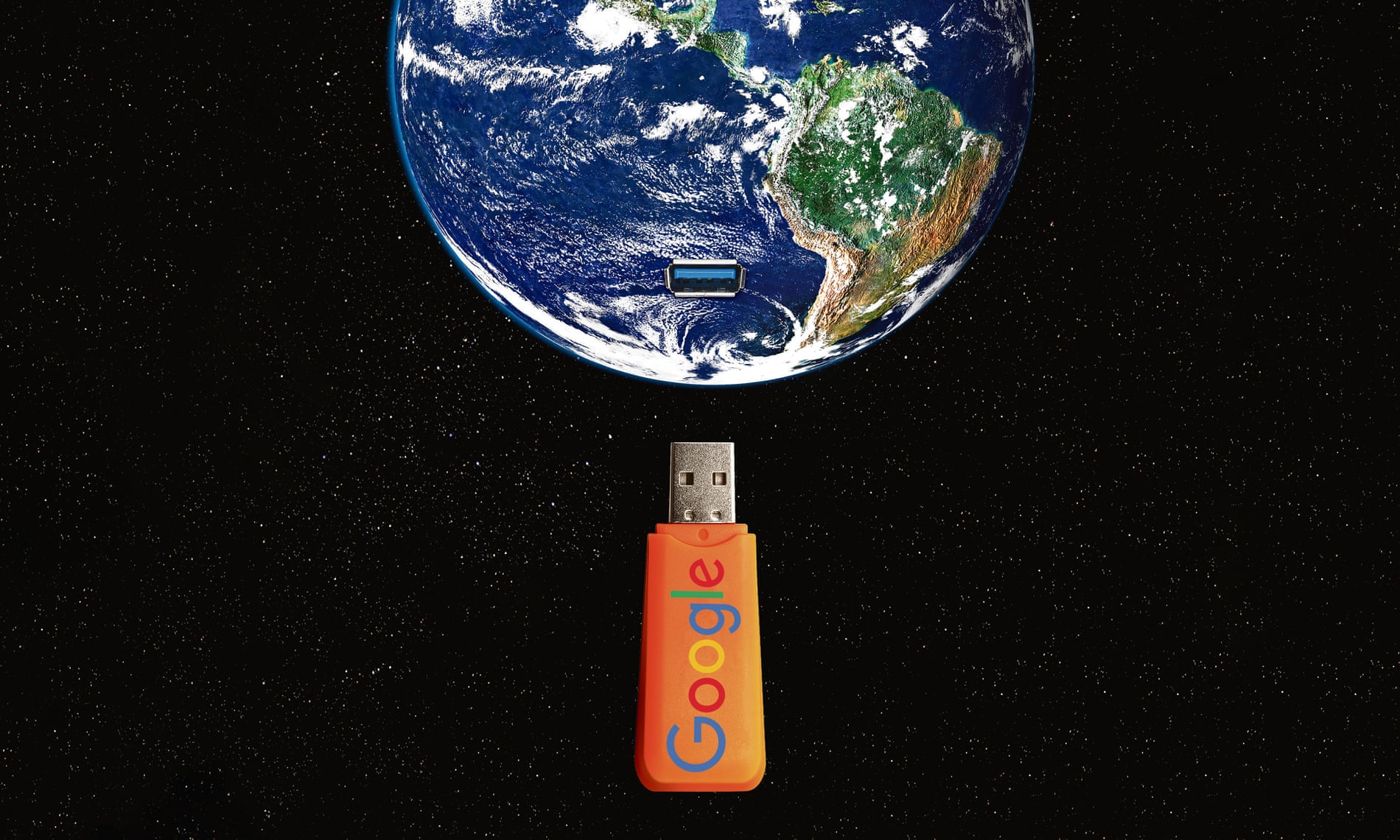by YASHA LEVINE

The internet surrounds us. It mediates modern life, like a giant, unseen blob that engulfs the modern world. There is no escape, and, as Larry Page and Sergey Brin so astutely understood when they launched Google in 1998, everything that people do online leaves a trail of data. If saved and used correctly, these traces make up a goldmine of information full of insights into people on a personal level as well as a valuable read on larger cultural, economic and political trends.
Google was the first internet company to fully leverage this insight and build a business on the data that people leave behind. But it wasn’t alone for long. It happened just about everywhere, from the smallest app to the most sprawling platform.
Uber, Amazon, Facebook, eBay, Tinder, Apple, Lyft, Foursquare, Airbnb, Spotify, Instagram, Twitter, Angry Birds – if you zoom out and look at the bigger picture, you can see that, taken together, these companies have turned our computers and phones into bugs that are plugged in to a vast corporate-owned surveillance net-work. Where we go, what we do, what we talk about, who we talk to, and who we see – everything is recorded and, at some point, leveraged for value. Google, Apple and Facebook know when a woman visits an abortion clinic, even if she tells no one else: the GPS coordinates on the phone don’t lie. One-night stands and extramarital affairs are a cinch to figure out: two smartphones that never met before suddenly cross paths in a bar and then make their way to an apartment across town, stay together overnight, and part in the morning.
They know us intimately, even the things that we hide from those closest to us. In our modern internet ecosystem, this kind of private surveillance is the norm. It is as unnoticed and unremarkable as the air we breathe. But even in this advanced, data-hungry environment, in terms of sheer scope and ubiquity, Google reigns supreme.
As the internet expanded, Google grew along with it. No matter what service it deployed or what market it entered, surveillance and prediction were cooked into the business. The amount of data flowing through Google’s systems is staggering. By the end of 2016, Google’s Android was installed on 82% of all new smartphones sold around the world, and by mid-2017 there were more than 2 billion Android users globally.
Google also handles billions of searches and YouTube plays daily, and has a billion active Gmail users, meaning it had access to most of the world’s emails. Some analysts estimate that 25% of all internet traffic in North America goes through Google’s servers. The company isn’t just connected to the internet, it is the internet.
Google has pioneered a whole new type of business transaction. Instead of paying for its services with money, people pay with their data. And the services it offers to consumers are just the lures, used to grab people’s data and dominate their attention – attention that is contracted out to advertisers. Google has used data to grow its empire. By early 2018, Google’s parent company, Alphabet, had85,050 employees, working out of more than 70 offices in 50 countries. The company had a market capitalisation of $727bn at the end of 2017, making it the second most valuable public company in the world, beaten only by Apple, another Silicon Valley giant. Its profits for the first quarter of 2018 were $9.4bn.
The Guardian for more
